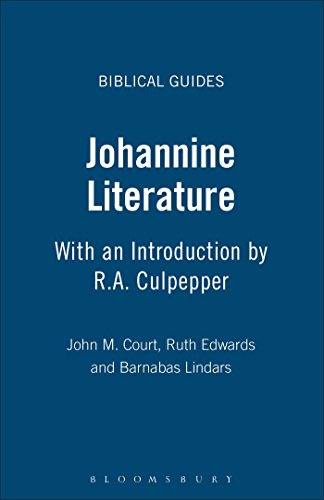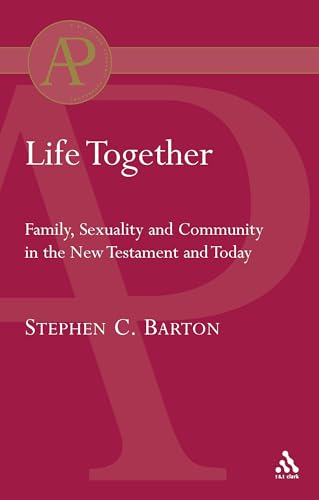This is the eighth book in the Thinking Things Through series, which aims to ‘help Christians to think through their faith’. Written in a very accessible prose and presupposing no previous knowledge of the subject, except perhaps faint memories, this volume may also be used in study groups, for which the author has provided some useful discussion questions at the end of each chapter.
Gorringe divides the book into two parts, one dialogical and the other theoretical. The aim of this is to point out the relevance of the topic for everyday life. While the dialogues are somewhat unrealistic and forgettable, they provide the reader with a non-technical introduction to the issue of salvation. The second part is supposed to be a drawing together of conclusions, as it is in the very nature of dialogues to be inconclusive. The late modern dialogical tradition in literature betrays a preference for a plurality of voices, which replaces the unitary authorial perspective, characteristic of earlier literature. A series of voices play themselves into a cacophony of sounds, none of which should be taken as the legitimate one. To a degree some readers may live the same experience of undecidability when reading both the dialogue between Rebecca and Tom and the concluding theory. A plurality of views replaces a single view. This makes the book particularly fertile for discussion since the participants may just as legitimately identify with either of the characters in the narrative.
Gorringe teaches salvation by looking at some of the biblical and historical metaphors that strive to express what is taking place in the process. While not offering any resolution to the debates between various views, he exhibits a preference for some of the more contemporary, especially political views. Salvation must also entail a concern for the environment, for the liberation of women, and it must include an element of social justice. The assumption is of a holistic human being, whose salvation involves the vindication of both spirit and body. To the author’s credit, such a political take does not obscure the actual ontological change in the person’s relationship to God.
To sum up: while some pastors and group leaders may differ from some of the views entertained by Gorringe, the manner in which he presents them is non-offensive and modest. Salvation does offer a good guide and introduction to the doctrine of salvation for the lay person.
Adonis Vidu
Adonis Vidu
Gordon-Conwell Theological Seminary
South Hamilton, Massachusetts, USA







